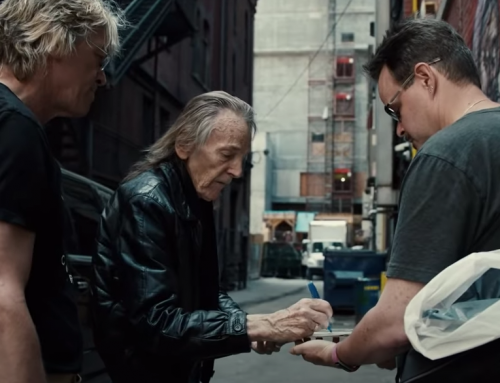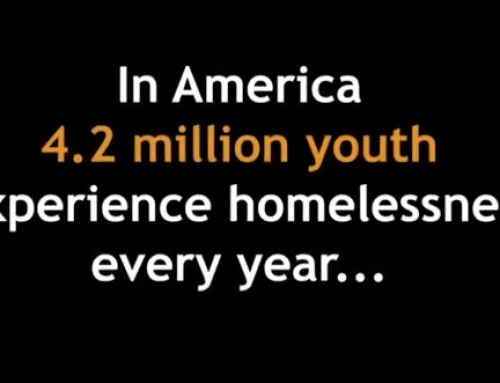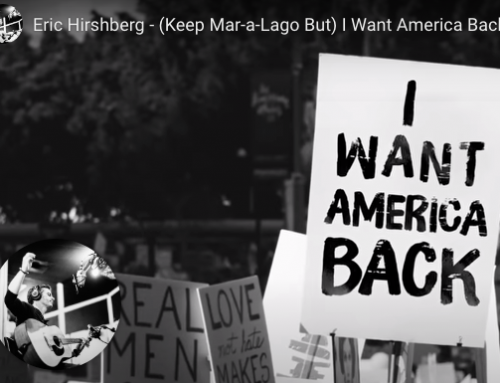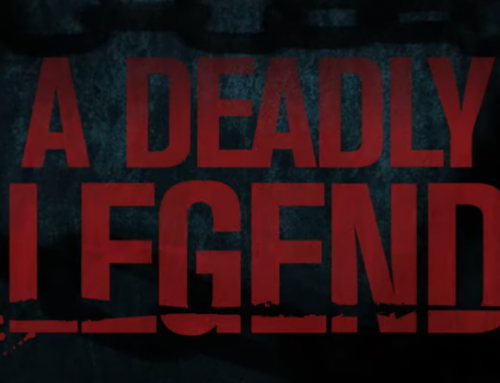Please introduce yourself to the readers and how you first get into Film production?
Hi, my name is Vitaly Verlov and I was born in the city of Novosibirsk, Western Siberia, Russia. Novosibirsk is often called “the Capital of Siberia” and, as a matter of fact, it’s true. It’s a large urban industrial, scientific and cultural center with aircraft production factories, prominent fundamental research facilities and the biggest opera theater in Russia. However it’s probably not the best place for filmmaking. The way I got into film production is pretty much convoluted. After graduating with a degree in computer science, I moved to Moscow specifically to work as a motion graphics designer and visual effects artist for television and film. There was no inconsistency in having a computer programming background and working as a visual designer because I’ve always been interested in artistic applications of computer technologies so computer graphics programming was the path to follow.
Even my thesis work was focused on developing a software platform for motion graphics and visual effects production. However a little later, I decided to abandon programming and switched to producing visuals and graphic design using the industry standard tools in commercial manner, so I started doing broadcast motion graphics and VFX for television and film. Motion graphics is storytelling, not just random designs and visual effects. For instance, a TV show opener is actually an animated piece which tells a short story. I became fascinated with this. However, there was one thing missing: motion graphics design often lacks human heart and emotion because obviously it’s a fancy design oriented medium which offers no characters that viewers can associate with. That’s how I came to conclusion that I had to take an evolutionary move forward to scripted live action filmmaking.
Who were some of your influences in the film and motion picture industry?
When I was a kid, in the early ’90s, I was blown away by two motion pictures: Aliens and Terminator 2. Both films were written and directed by James Cameron. Simple and coherent plots with a love story behind breakthrough visuals – I was sold. To this day I think Terminator 2 is the best action film ever made.
What do you remember the most about your first project?
It wasn’t easy but it was exciting. For a variety of reasons I had to do all the pre-production myself, including storyboarding, location scouting, renting gear, and it’s a little bit overwhelming but also gives you a solid experience and understanding of how film production works from all perspectives. The film is called Forever After and has been an official selection at several film festivals in LA and SF, plus it has been programmed into a special section (Coup de Coeur, Favorites) of the Short Film
Corner in Cannes.
What has been the biggest achievement so far in your film career?
Producer Nigina Niyazmatova and myself were able to cast well-known Hollywood actor Eric Roberts (The Dark Knight, The Expendables) for a sci-fi short film I’ve written and directed. It’s called Redux. By the way, New York Film Academy LA plans to include this film in a special program for educational purposes. I should also add, that I haven’t even been a student of NYFA!
What kind of projects are you working on right now?
I have a couple of short film scripts written, that I am working. Also my feature film script got to the quarterfinals of the Page Awards and later I had been contacted by a literary manager regarding this script. The script is a coherent character-driven sci-fi/action/drama story set in the present and in the garish ’80s. As to my visual effects work, I was recently invited by Pixomondo (they made visuals for Game of Thrones, e.g.) to work on a Chinese big budget feature where I ended up working as a lead effects artist. Right now I’m working on a series of live action idents for a leading music channel in Russia, RUTV: we shot Russian pop stars on green screen and are now doing all the post production.
What would be your ideal project to work on?
It’s no secret that the film industry is a tough place. There is big money involved, so there’s a high pressure. I mean, I don’t believe there is such a thing as an ideal project per se. To me an ideal project would be the one where you would have enough time, resources, skills and permission to pull off at least three quarters of what you had envisioned in your mind, relatively speaking. By the way, I believe this is true for projects of all scales: very small independent films to big studio productions.
Who would you most like to collaborate with?
Not sure about personalities. I like to work with interested and dedicated people who treat a project not just as another job, but as an opportunity to make something great, hopefully.
Are you pleased with the state of the current film industry or do you think that more quality productions should be out there?
People complain that Hollywood has lost it’s creative edge and no longer making original films, obsessed with remakes, reboots, or films based on comic books and video games. This is certainly true to some degree and is the result of the way the entertainment industry evolves. They call it business after all. But if you take a further look right through the thick layer of the big budget extravaganza, there still are quality original character-driven films being made out there, with great
performances and cinematography.
What would your advice be to aspiring artists/producers?
In my early days as a VFX artist, I had this enthusiastic habit of making what I had called the daily images: the goal was to draw a few artistic images per week, at home, in front of my computer, just for fun and training, and post them on the Internet to a design community. After a year or so of this shady enterprise, I was invited to work at a big post production studio in Moscow because they liked some of the images. This is how I got into the post production industry. When I felt that I had to move forward to live action filmmaking, I made a short film with my own money. A couple of years later, I’ve done a short film with a Hollywood star. Basically what I’m implying here is pretty straight forward (and it actually still applies to me): try to stop being aspiring and start making something just for the sake of it. Start the process and watch
how everything unfolds!
.







